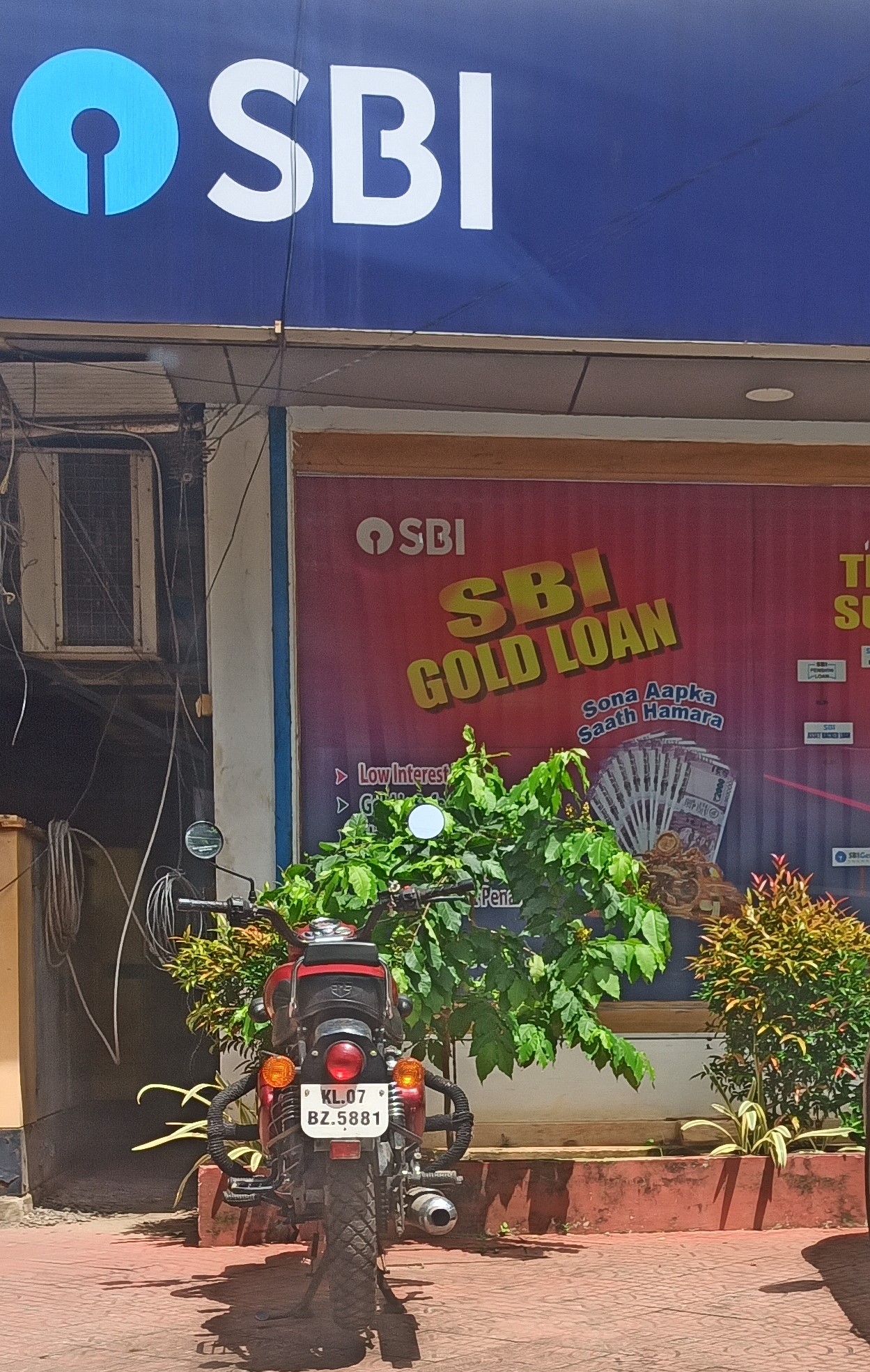
Buoyed by higher interest income and lower provisions for bad loans, State Bank of India (SBI) has posted a record net profit of Rs 6,451 crore for the fiscal fourth quarter ended 31 March 2021. This was 81% up from Rs 3,581 crore in the year-earlier quarter.
Provisions for bad loans fell 16.6% to Rs 9,914 crore while the bank’s net interest income rose 19% over the earlier year to Rs 27,067 crore. Other income also rose 21.6% to Rs 16,225 crore.
The country’s largest lender got a boost of close to Rs 4,000 crore from JSW Steel in the quarter for loan dues of Bhushan Power and Steel. Incidentally, JSW Steel had acquired the bankrupt Bhushan Power and Steel.
Asset quality improves
SBI’s asset quality improved as gross non-performing asset (NPA) ratio stood at 4.98% as on 31 March 2021 versus 5.44% a quarter ago. Net NPA ratio also improved 31 basis points sequentially to 1.5%.
SBI chairman Dinesh Khara said asset quality would not be of much concern during the current financial year. Even as the second wave of Covid-19 continues, collection efficiency is at 96%. This is despite the bank’s employees not being able to go out for physical collections, Khara told reporters.
Slippages stood at Rs 21,934 crore while upgrades and recoveries were at Rs 4,329 crore. Retail slippages were at Rs 2,938 crore, agricultural slippages at Rs 7,246 crore and corporate slippages at Rs 6,558 crore. Slippages ratio for 2020-21 fell to 1.18% from 2.16% a year ago.
As of 31 March 2021, SBI had restructured Rs 5,316 crore of loans under the Reserve Bank of India’s one-time restructuring scheme for borrowers affected by the Covid-19 pandemic. While retail loans worth Rs 2,761.64 crore were restructured, Rs 2,554.53 crore of corporate loans came under it. The bank provided for Rs 1120.75 crore against these loans.
Total advances up but corporate loan book contracts
SBI’s domestic loan book saw 5.67% year-on-year growth to Rs 21.82 lakh crore. While retail loans rose 16.47% to Rs 8.7 lakh crore, corporate advances contracted 3.02% YoY to Rs 21.82 lakh crore. Including investment in corporate securities, the corporate book increased marginally.
As Covid continues to wreak havoc, companies are not ramping up existing idle capacity and not utilising available credit lines. “Currently the working capital utilisation is at 70%, which means it is even lower for large corporates. The large corporate borrowers are also able to replace their bank dues by raising funds through the bond market,” Khara said.
In the retail segment, SBI is aggressively pushing its gold loans portfolio. As of 31 March, the gold loan book, inclusive of agricultural and personal retail loan borrowers, stood at Rs 90,000 crore. “We are looking to add another Rs 10,000 crore this financial year,” said SBI managing director CS Setty.
The home loan book, which comprised 23% of domestic loans, rose 10.51% YoY.
SBI is eyeing 10% growth in its overall outstanding loan book this fiscal.
Robust deposit growth
Domestic deposits grew 14.26% YoY to Rs 35.7 lakh crore. Current account, savings account deposits grew 16.73% to Rs 16.47 lakh crore. Term deposits stood at Rs 19.23 lakh crore, up 12.23% from the earlier year.
Dividend
After a gap of four years, SBI is paying a dividend. At Rs 4 per share, this will be the bank’s first payout since May 2017, when it had rewarded shareholders with Rs 2.6 per share. The dividend will be paid out on 18 June 2021.
